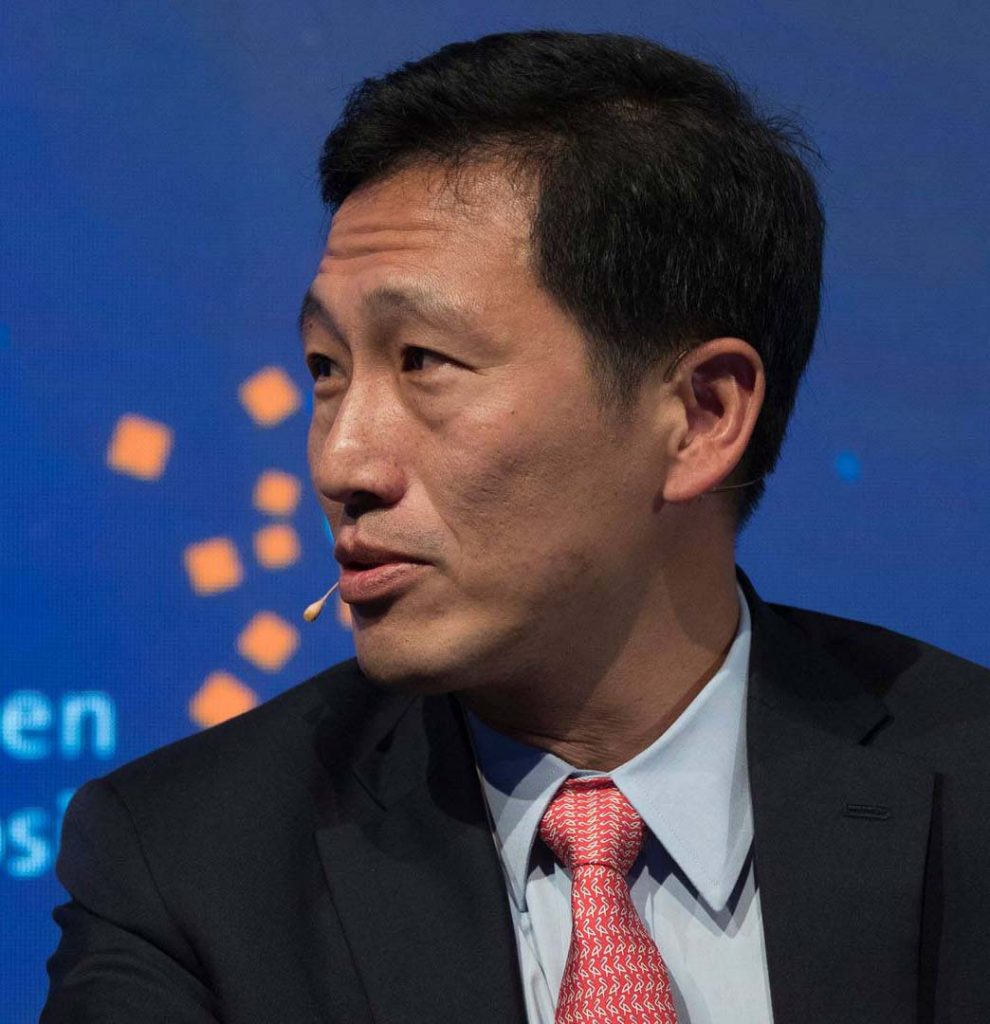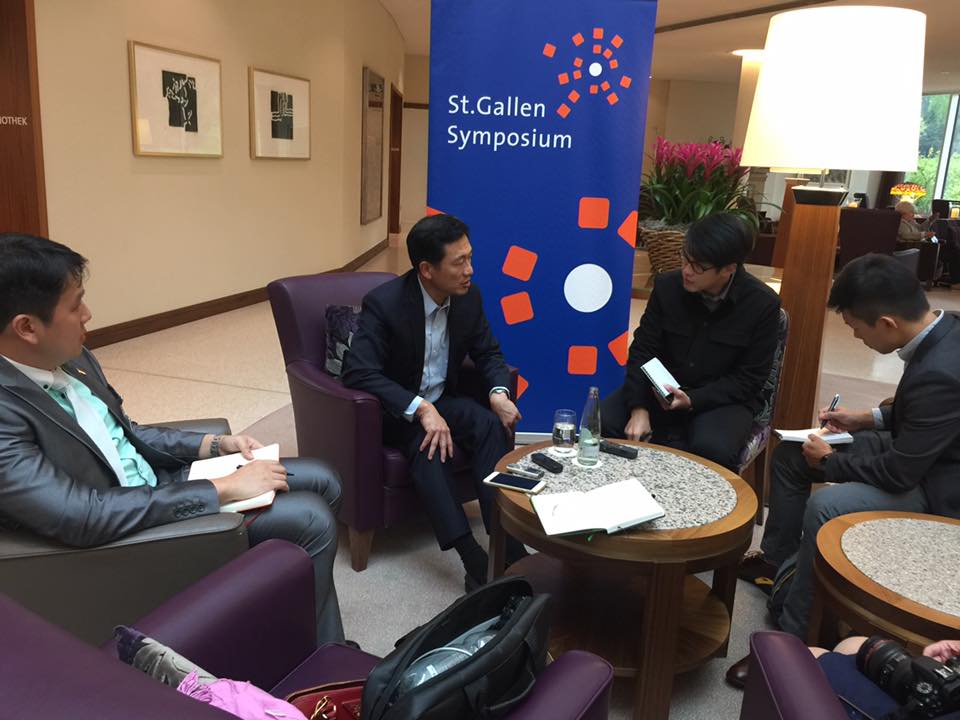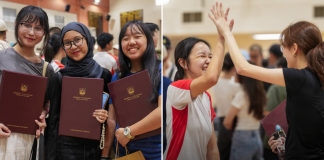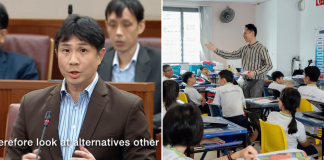Education Minister Talks About Cap On Number Of Grads In Singapore
Some parents may not be that happy with what Education Minister Ong Ye Kung had to say on Thursday (May 4).
Speaking at the 47th St. Gallen Symposium in Switzerland, Mr Ong, who is also Second Minister For Defence, was reported by The Straits Times as saying that the number of graduates per cohort needs to be capped at about 30% to 40%, with the remaining being trained for jobs in other relevant industries.
Why? So as to ensure there is no “glut of graduates in Singapore”, allowing the country to keep graduate unemployment rates low, “unlike in some Asian countries”.

Perhaps he was referring to places like Taiwan, for example, where government statistics show that graduates with university and master’s degrees stand a lower chance of getting employed compared with other Taiwanese who have lower levels of education.
St. Gallen What?
A forum held annually at the University of St. Gallen, the St. Gallen Symposium serves as a platform for intellectuals to debate on economic, political and social issues.
This year’s theme revolved around politics and education in the “age of disruption”.

Mr Ong has been proudly posting updates on his adventures at the symposium on his Facebook page.
Panellist
Guests invited for the programme included Mr Anders Samuelsen, Denmark’s Minister for Foreign Affairs, and Mr Johann Schneider-Ammann, a federal councilor of Switzerland.
Mr Ong, one of the politicians who have been tipped to be the next prime minister of Singapore, was serving as a panellist alongside the aforementioned duo.

That’s What He Said
Is there an over-emphasis on academic qualifications in Singapore?
Mr Ong believes that there is.
Most of the younger generation will undoubtedly feel the pressure from our fast-moving education system, while most of the adults will simply shrug it off as a necessary evil in order to move ahead of the competition.
Mr Ong also claims that our system needs to “shift and adopt a dual-education track” so that the next generation can become proficient in a wide range of fields.
Such a system would help more people find jobs, and thus improve their lives, he added.

The 47-year-old also touched on the importance of skills, which is something that “cannot be Googled”, unlike information and knowledge.
By implementing such measures, he hopes the government would be able to “rebuild the social compact between political elites and the masses”.
While that might be true, posting photos of him praising himself and his friends on Facebook certainly doesn’t bridge the gap between the “elites” and commoners. Read our story about Mr Ong Ye Kung’s photo of him and his successful friends.
Bleak Future?
In an increasingly competitive and globalised society, it’s not enough to merely possess the required knowledge.
Job seekers are now required to be competent in various skill sets across a wide array of job scopes in order to stand out, and switching to a more skill-based learning environment would definitely better prepare our next generation for the rigours of working world.
Hopefully in the coming years, we can see Singapore adopting similar academic initiatives from countries like Denmark and Germany, where a stronger focus is placed on skills that can immediately be applied in the real world.
In our chase for academic excellence, we have cultivated a culture that inadvertently looks down on people whose professions are not traditionally classified as desirable. By reducing the emphasis on academic achievements, craftsmen and craftswomen will slowly be considered to be on par with their counterparts pursuing higher education.
We do hope Mr Ong’s plan to revolutionise the education landscape gets implemented soon. It’s a bold, radical move to change a system that has served us well for over half a century, but it is one that’s desperately needed in this ever-changing global landscape.
Featured image from Facebook and Facebook






